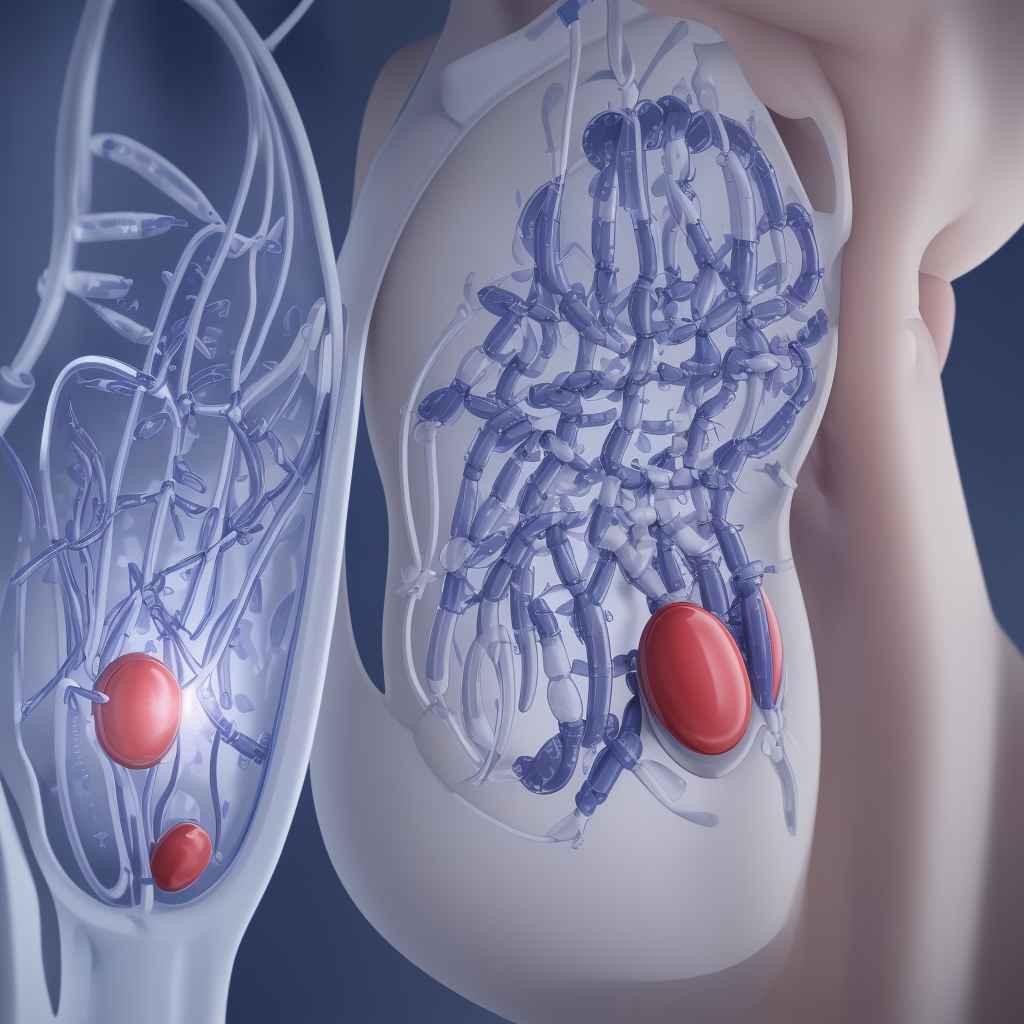
Novo Nordisk A/S: Rybelsus Shows Significant Reduction in Cardiovascular Events in SOUL Trial Data at ACC 2025
Novo Nordisk's Rybelsus Oral Semaglutide 14mg Demonstrates Superior Reduction in Cardiovascular Events in the SOUL Trial at ACC 2025
March 29, 2025 - BAGSVÆRD, Denmark - Novo Nordisk A/S (NVO) today announced that Rybelsus (oral semaglutide) 14mg demonstrated a statistically significant and clinically meaningful reduction in major adverse cardiovascular events (MACE) compared to placebo in the SOUL trial, presented at the American College of Cardiology (ACC) 2025.
The SOUL trial, a Phase 3, double-blind, placebo-controlled trial, evaluated the efficacy and safety of Rybelsus 14mg in patients with type 2 diabetes and established cardiovascular disease or multiple cardiovascular risk factors. The trial randomized 13,500 patients and was conducted in collaboration with the National Heart, Lung, and Blood Institute (NHLBI) and the National Institute of Diabetes and Digestive and Kidney Diseases (NIDDK).
The primary endpoint of the SOUL trial was the composite of MACE, defined as cardiovascular death, non-fatal myocardial infarction, non-fatal stroke, or unstable angina requiring hospitalization. Results showed that Rybelsus 14mg significantly reduced the risk of MACE by 15% compared to placebo, with a hazard ratio of 0.85 (95% CI: 0.80-0.91; p<0.0001).
"This landmark trial demonstrates the superior efficacy of Rybelsus in reducing cardiovascular events in patients with type 2 diabetes and established cardiovascular disease or multiple cardiovascular risk factors," said Mads Krogsgaard Thomsen, Executive Vice President and Chief Research Officer at Novo Nordisk. "These findings further support the potential of Rybelsus to improve cardiovascular outcomes in patients with type 2 diabetes and underscore its value in the treatment of this condition."
Rybelsus is a once-daily oral GLP-1 receptor agonist approved for the treatment of adults with type 2 diabetes. The SOUL trial builds on the existing clinical evidence for Rybelsus, which has been shown to improve glycemic control, reduce weight, and lower blood pressure in patients with type 2 diabetes. The trial's findings also support the potential of Rybelsus to reduce cardiovascular events in patients with type 2 diabetes and established cardiovascular disease or multiple cardiovascular risk factors.